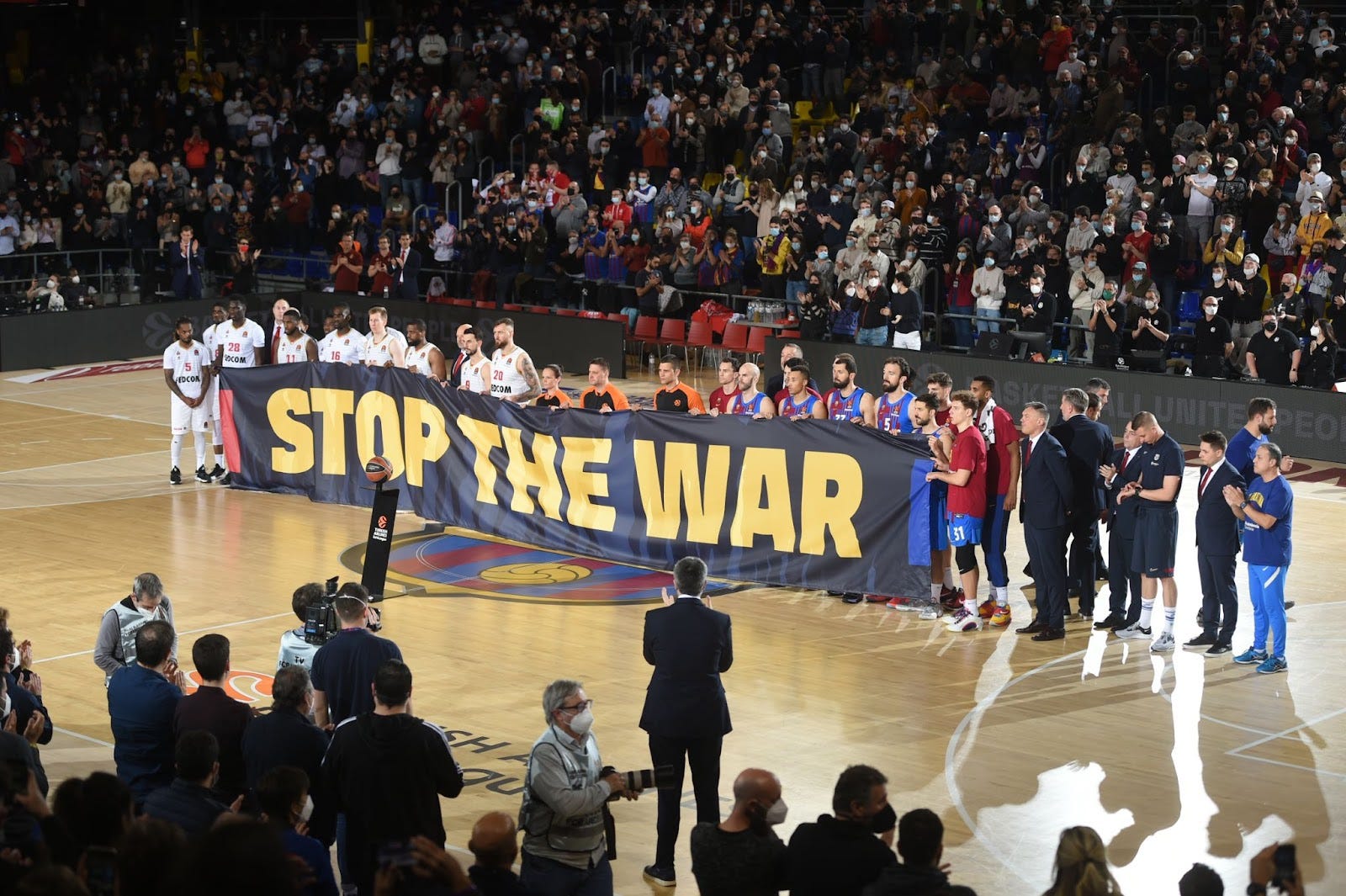Private equity is a money laundering loophole
And core to the NBA's strategy
BY HENRY ABBOTT
And yet that series has developed a bit of a cult following—mostly among people who work in sports. They know NBA billionaires. They want to know who they’re working for.
And over the last week, they are paying more attention than ever. Now that Russia has upended the world order, readers are finding years-old TrueHoop posts about Putin and Mikhail Prokhorov. (In case you missed it, here’s the Prokhorov series—which still has chapters to be written: Part 1.Part 2.Part 3.Part 4.Part 5.Part 6.Part 7.Part 8.) Now the whole world is interested in identifying, tracking down, and freezing Putin’s dirty money, which shines a light on “black cash networks” that in some cases are a century old and use techniques pioneered by Meyer Lansky.



